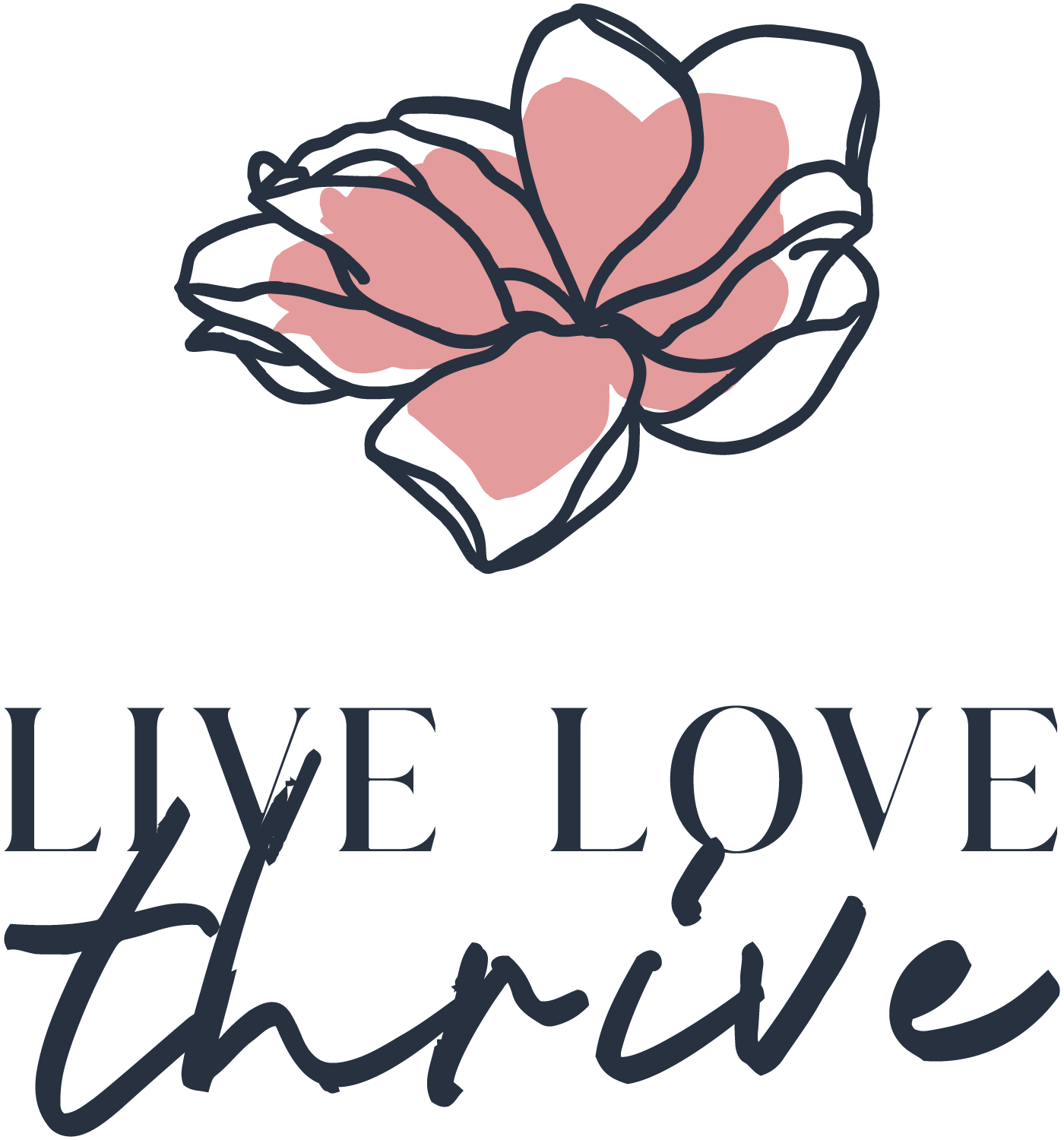
Menopause and perimenopause are natural life transitions, but they can bring unwelcome mental and emotional changes. Many women notice mood swings, heightened anxiety, forgetfulness, and a foggy brain. These changes are tied to shifting hormones - especially estrogen - and how they affect neurotransmitters in the brain.
The good news: natural strategies, lifestyle adjustments, and targeted supplements can help restore mental clarity, emotional balance, and overall wellbeing.
Why Midlife Brings Mood Changes and Brain Fog
Hormones are powerful chemical messengers. During perimenopause and menopause, fluctuating estrogen levels can disrupt serotonin, dopamine, and GABA - the neurotransmitters responsible for mood, memory, and stress response.
Common symptoms include:
- Irritability and emotional sensitivity
- Anxiety and restlessness
- Forgetfulness or difficulty focusing
- Brain fog or slowed mental processing
- Sleep disturbances
These are normal responses to hormonal changes - not a reflection of weakness or aging. Understanding the underlying causes empowers you to take proactive steps.
Natural Ways to Support Mood and Cognitive Function
Adaptogens to Combat Stress
Adaptogens are plant compounds that help your body adapt to stress and support healthy cortisol levels.
Popular option:
- Ashwagandha: Reduces stress and promotes calm.
Pro Tip: Thrive CALM contains this adaptogen in a simple daily formula to help manage stress and anxiety naturally.
Cognitive-Supportive Nutrients
Certain herbs and nutrients can support memory, focus, and brain health:
- Lion’s Mane Mushroom: Encourages nerve growth and cognitive function.
- Magnesium: Supports relaxation and restorative sleep.
Pro Tip: Thrive FOCUS contains an effective dose of the powerful nootropic lion's mane mushroom to help midlife women stay sharp and mentally clear.
Mindfulness and Emotional Practices
- Cognitive Behavioral Therapy (CBT): Helps retrain thought patterns and reduce anxiety.
- Meditation and Mindfulness: Improves attention and reduces stress.
- Journaling: A practical way to process emotions and manage mood swings.
These tools complement supplements and lifestyle habits to create a holistic mental health plan.
Movement and Lifestyle Strategies
- Regular exercise: Boosts blood flow to the brain and stabilizes mood.
- Sleep hygiene: Maintain consistent bedtimes and reduce screen exposure before bed.
- Balanced nutrition: Protein, healthy fats, and micronutrients fuel cognitive function.
- Routine and structure: Predictable daily routines reduce overwhelm and support mental clarity.
Even small changes - like short walks, stretching breaks, or morning planning - can improve focus and reduce brain fog.
When to Seek Professional Guidance
Persistent or severe anxiety, depression, or cognitive difficulties should be discussed with a healthcare provider. While natural strategies are powerful, professional evaluation ensures other underlying conditions aren’t overlooked.
Bringing It All Together
Midlife is a time of transformation - not mental decline. By supporting hormone balance, nourishing your brain, and incorporating stress-reducing routines, you can regain mental clarity, emotional stability, and overall resilience.
Key Tools for Thriving in Midlife:
- Adaptogen: Ashwagandha → Thrive CALM
- Cognitive Support: Lion’s Mane, Magnesium → Thrive FOCUS
- Mindfulness, journaling, therapy
- Movement, sleep, and structured routines
With the right support, brain fog, mood swings, and anxiety don’t have to define your midlife experience. Instead, you can thrive - mentally, emotionally, and physically.



